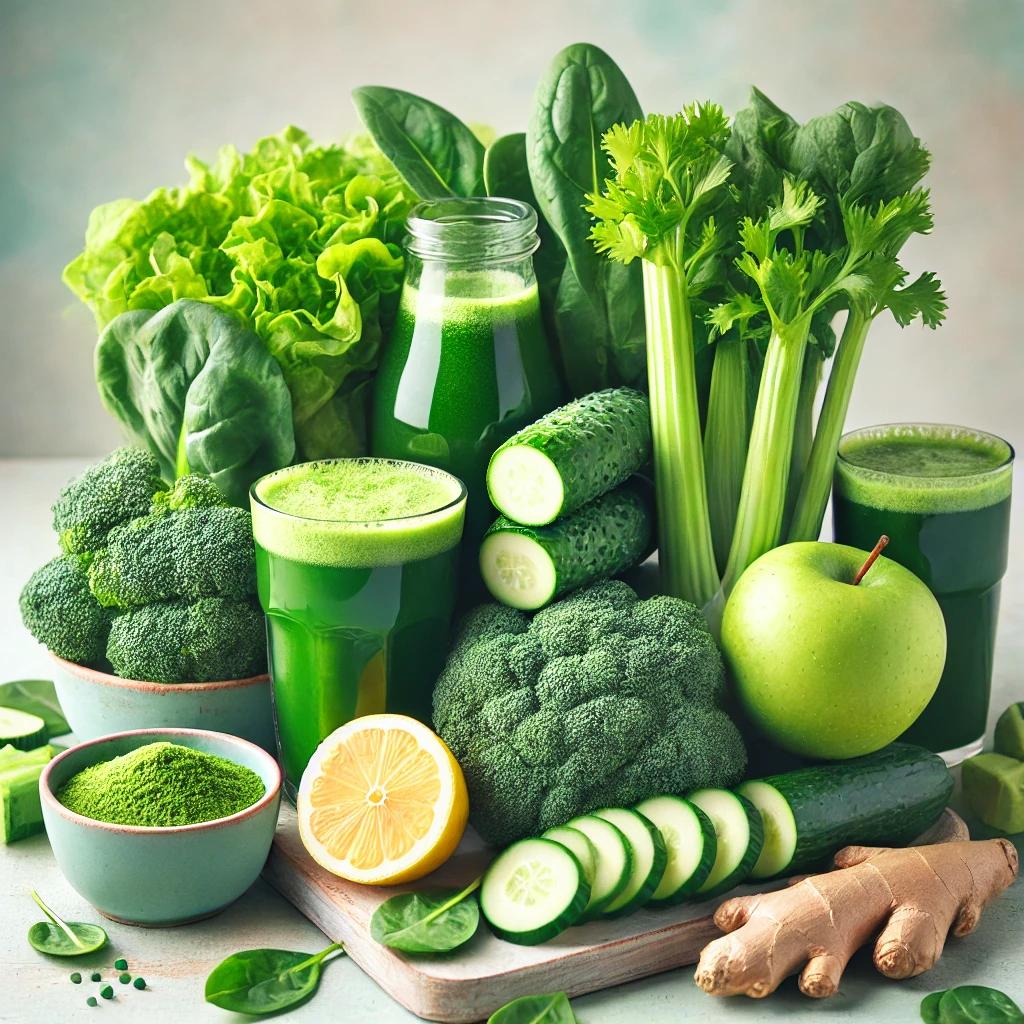Maximising Nutrient Retention Through Cooking Methods
- Date
- 22 February 2024
- Category
- Nutrition & Recipes
The way we prepare and cook our food can significantly impact the nutrient content of the meal. While cooking makes some nutrients more digestible and bioavailable, it can also lead to nutrient loss. Understanding how different cooking methods affect nutrient retention is crucial, especially in the context of health-conscious diets and for individuals with specific dietary needs, such as those undergoing cancer treatment.
Cooking alters the chemical structure of food, affecting its nutrient content. Water-soluble vitamins, such as vitamin C and B vitamins, are particularly vulnerable to heat, light, and water. For instance, a study published in the Journal of Food Science (2009) revealed that boiling broccoli led to a 66% reduction in vitamin C content.
Boiling is a quick and common method for cooking vegetables. However, it can result in significant nutrient losses. Vitamins and minerals can leach into the cooking water, which is often discarded. To minimize this, use as little water as possible or utilise the cooking water in soups and stews to reclaim lost nutrients.
Steaming is a gentler cooking method, often considered superior in terms of nutrient retention. A study by the _Journal of Zhejiang University SCIENCE B_ (2009) found that steaming vegetables like broccoli and carrots preserved more antioxidants and vitamins compared to boiling.
These methods, which involve cooking quickly in a small amount of oil, can help preserve nutrients while enhancing flavor and texture. The oil can also aid in the absorption of fat-soluble vitamins (A, D, E, and K). A study in the _Journal of Agricultural and Food Chemistry_ (2007) noted that stir-frying broccoli preserved its vitamin C content better than boiling.
Dry-heat cooking methods like baking and roasting can preserve vitamins and minerals better than boiling. However, prolonged cooking at high temperatures can degrade some nutrients. Using lower temperatures for a longer duration can help mitigate this issue.
Particularly for soups and stews, cooking on low heat under a lid for a longer duration (60-90 minutes) can maximise flavour while minimising nutrient loss, as the gentle cooking process preserves delicate vitamins and antioxidants.
Choosing the right cooking method is crucial for nutrient preservation. Steaming, microwaving, and gentle sautéing are generally the best options for retaining the nutritional value of food. For individuals focusing on a health-promoting diet, such as those with cancer, paying attention to cooking methods is as important as selecting high-quality ingredients. By understanding and applying these principles, we can ensure that our food is not only delicious but also as nourishing as possible.
1. "Effects of Different Cooking Methods on Nutritional and Physicochemical Characteristics of Selected Vegetables" - Journal of Food Science, 2009.
2. "Comparison of Different Cooking Methods on Vegetable Antioxidant Activity" - Journal of Zhejiang University SCIENCE B, 2009.
3. "Effects of Cooking Methods on Nutrient Retention in Selected Vegetables" - Journal of Agricultural and Food Chemistry, 2007.

The human body is a marvel of interconnected systems, and the nervous system plays a central role in maintaining balance and well-being. Among its two primary divisions, the parasympathetic nervous system (PNS) is vital for promoting relaxation, healing, a...

Sound has been used as a healing modality for centuries, with roots in ancient civilisations. From chanting mantras to the rhythmic beats of drums, sound has been recognised as a powerful force for transformation. In today’s modern world, sound healing com...

Healing Green Power Juice Ingredients Vegetables (80%): - 2 cups kale leaves - 1 cup spinach - 1 cucumber - 2 celery stalks - 1/2 cup broccoli florets - 1/2 lemon (peeled, seeds removed) - 1-inch piece of fresh ginger Fruits (20%): - 1 green apple (for...
The information provided by Luminous Life Care Ltd. on this website is for general wellness purposes in nutrition, detoxing, and mindfulness, and is not a substitute for professional medical advice. Always consult your healthcare provider before making any lifestyle changes.
Luminous Life Care Ltd. makes no guarantees regarding the accuracy or relevance of the information, and does not assume responsibility for any third-party products, services, or practitioners recommended. Use of this site does not establish a coach-client or healthcare relationship. For full details, please refer to our Terms & Conditions and Privacy Policy.